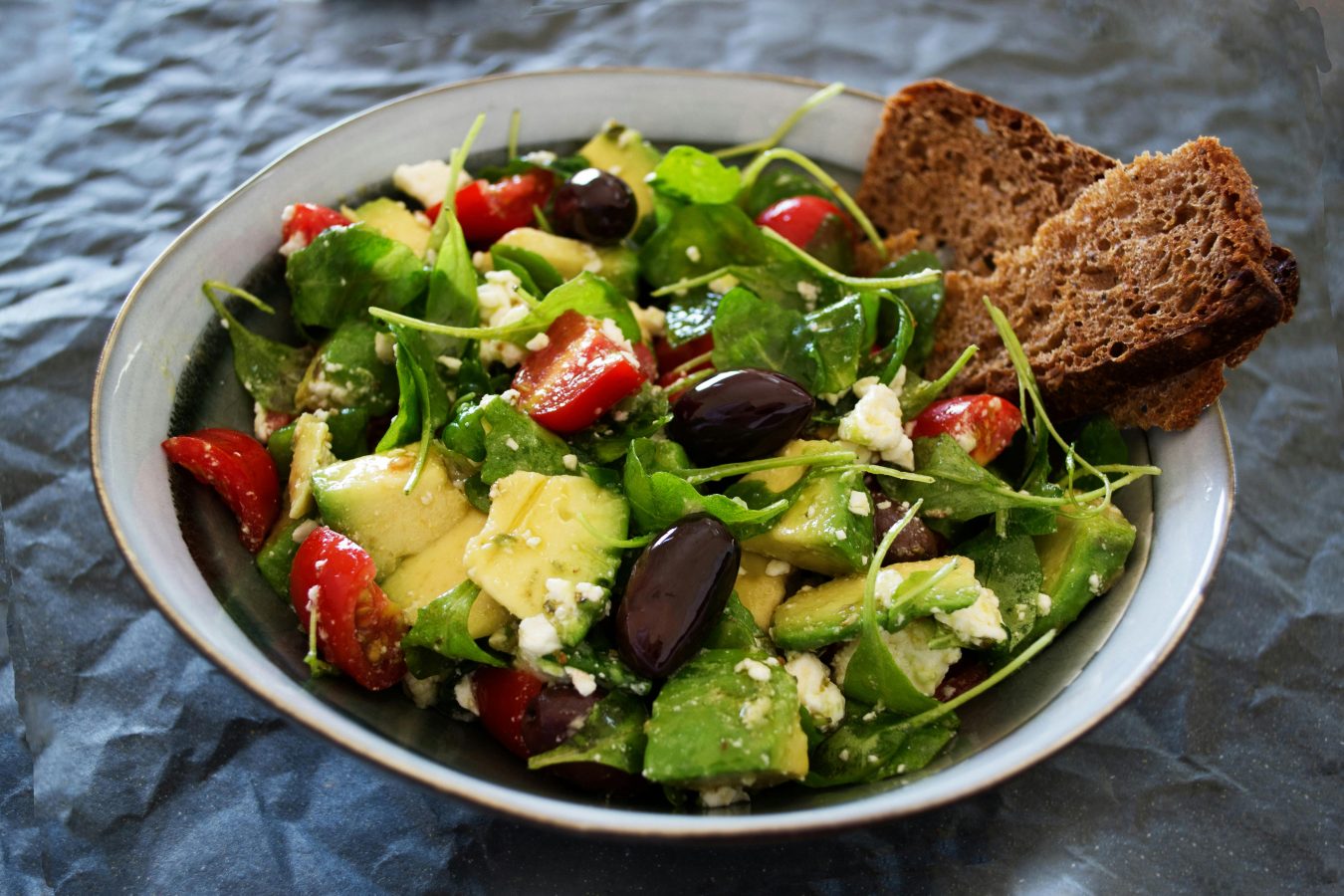How to improve memory after 50 is the question many people ask when names take longer to surface and focus feels thinner. The answer is not magic pills but a repeatable routine—specific learning, movement, nutrition, sleep, and stress control—that steadily rebuilds recall and mental clarity.
Turning 50 does not mean your memory must decline. Research shows that the brain stays adaptable when given the right challenges, fuel, and rest. Memory after 50 improves with small, consistent choices.
Quick Action Plan
- Learn something new three times a week: a skill, a game, or a language.
- Eat brain-protective foods—fish, nuts, leafy greens, and berries—every day.
- Move for 30 minutes most days and sleep 7–8 hours nightly.
Sources: Harvard Health, Alzheimer’s Association, National Institute on Aging.
By 50, many people notice names and details take longer to surface. But memory can be trained, just like muscles. With purposeful routines, focus and recall become sharper. For earlier signs, see our guide on memory issues at age 40. For nutrition support, check foods and supplements to boost memory.
Can memory really improve after 50?
Yes. Neuroplasticity continues throughout life. The brain builds new connections whenever you challenge it.
Learning to play an instrument, practicing a new language, or even trying a new route home forces the brain to adapt. This growth strengthens recall and mental agility. When you practice how to improve memory after 50 with steady, bite-size sessions, the brain responds quickly—often within weeks—because you are repeatedly telling it what to keep.
Why does memory feel different after 50?
Sleep gets lighter, stress stacks higher, hormones shift, and routines become less novel—together they slow recall.
Midlife brings lighter sleep and more awakenings, which cuts into the deep and REM stages that store memories. Work and family raise baseline stress; cortisol makes attention brittle. Estrogen and testosterone shifts can nudge focus and energy. Finally, days look the same, so your brain has fewer new patterns to encode. None of this is destiny. A smarter routine restores the conditions memory needs to thrive.
What lifestyle habits support memory after 50?
Daily exercise, consistent sleep, nutrient-rich foods, and regular stress control.
Exercise increases blood flow and brain-derived neurotrophic factor (BDNF). Sleep stabilizes new information. Food rich in omega-3 and antioxidants feeds neurons. Calm practices lower cortisol, which protects the hippocampus. For details on stress, see stress and memory loss after 40. The practical form of how to improve memory after 50 is a rhythm you repeat: move, learn, fuel, and recover—every day.
Which foods make the biggest difference after 50?
Fatty fish, nuts, leafy greens, berries, legumes, and whole grains.
Two servings of salmon or sardines per week provide DHA/EPA for brain membranes. A daily handful of nuts supports healthy fats and minerals. Greens and berries supply antioxidants that counter oxidative stress. Legumes and whole grains stabilize energy so attention does not crash in the afternoon. Eating this way is the nutrition side of how to improve memory after 50—simple meals, repeated often, that protect neurons and steady mood.

Which supplements are worth discussing with your doctor?
Vitamin B12 and vitamin D if low, plus omega-3s if you rarely eat fish; magnesium may help sleep quality.
After 50, B12 absorption can drop; low levels show up as fatigue and fog. Many people also run low on vitamin D, especially indoors or at northern latitudes. If you do not eat fish, an omega-3 with DHA/EPA can help. Magnesium glycinate may aid evening relaxation. Test first, supplement second. Pills work best as a backup to a solid food routine.
What brain-training methods work best after 50?
Active recall, spaced repetition, and learning real-world skills beat passive reading or “gimmick” games.
Practice retrieval without looking: explain a paragraph in your own words, then check what you missed. Review on day 1, 3, 7, and 21. Choose skills with stakes—music, language, drawing, or coding—so you stay engaged. Ten focused minutes beats an hour of distracted scrolling. This is the learning engine behind how to improve memory after 50: short, hard, and consistent reps.
What is the most effective plan for how to improve memory after 50?
Combine a daily learning block with movement, brain-friendly meals, stress control, and consistent sleep.
Give your brain the same cues every day. Morning: sunlight + five minutes of recall on yesterday’s notes. Midday: a 10-minute walk after lunch. Afternoon: one focused 15-minute skill session. Evening: dim lights, light dinner, phone parked outside the bedroom, and a few pages of real paper. Stack these basics for 28 days and the difference is obvious—easier recall, steadier attention, and better mood.
How does sleep quality influence memory after 50?
Deep sleep stabilizes new memories, REM links ideas; fragmented sleep weakens both.
Protect sleep with a fixed wake time, a cool dark room, and screens out of the bedroom. Finish heavy meals three to four hours before bed. If snoring, gasping, or morning headaches persist, ask about sleep apnea. Pairing sleep fixes with nutrition is a powerful version of how to improve memory after 50—because what you keep at night depends on how well you slept.
How do I track progress and stay motivated?
Use a simple scorecard: sleep 1–5, focus 1–5, recall 1–5, plus a 3-item daily win list.
Each morning, rate how clear your head feels and note one thing you remembered faster than last week. Each night, write three wins: a learning session, a walk, or a calm break. Seeing small wins stack is exactly how to improve memory after 50 without burning out—you are proving to yourself that the routine works.
When should you see a doctor about memory at 50?
If lapses are frequent, affect daily life, or come with mood or personality changes.
Doctors can check for treatable issues like thyroid imbalance, vitamin deficiencies, depression, or sleep apnea. Early detection matters. Bring notes on sleep, stress, medications, and recent changes; patterns help your clinician target the right tests and fixes.
What does a 4-week routine look like in practice?
Week 1 builds sleep and walks; week 2 adds strength; week 3 dials in food and recall; week 4 locks the routine.
Week 1 — Sleep & walks: Fix wake time. Morning sunlight for 5–10 minutes. Walk 10 minutes after lunch and dinner. Phone charges outside the bedroom.
Week 2 — Strength & skills: Two 20-minute strength sessions (push/pull/legs/core). Three 15-minute skill blocks using active recall and spaced review.
Week 3 — Food & focus: Two fish dinners, daily berries and greens, nuts/seeds on hand. Prepare grains/legumes in bulk. One afternoon focus window (30–45 minutes, notifications off).
Week 4 — Lock it in: Keep the rhythm, trim late caffeine and alcohol, note wins daily. This four-week arc is a concrete, repeatable model of how to improve memory after 50.
Related Articles
- Memory After 40
- How to Improve Memory After 40
- Ways to Improve Memory in Older Adults
- How Sleep Quality Affects Memory After 40
Additional Resources
- Alzheimer’s Association: Brain health
- Harvard Health: How to improve your memory
- NIA: Cognitive health and older adults
Frequently Asked Questions
Is memory loss inevitable after 50?
No. While some slowing is natural, habits like exercise, nutrition, sleep, and learning can maintain and even improve memory.
How long until I notice results?
Most people feel clearer in 2–4 weeks and see stronger recall by 8–12 weeks when they follow a steady daily routine.
What if I hate language apps or instruments?
Pick any skill with novelty and stakes: photography, drawing, gardening science, or home repair. The key is challenge plus repetition.

